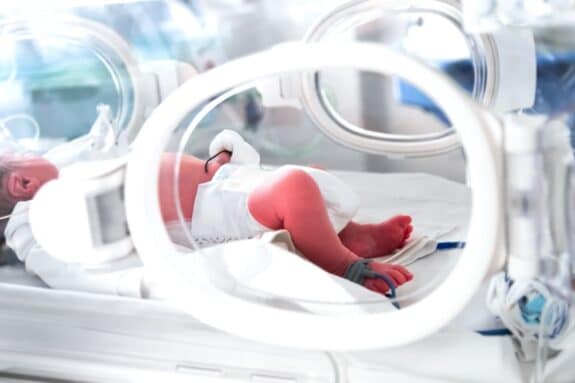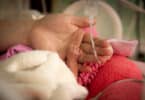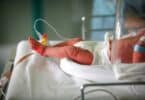Medical advancements have greatly improved the survival rates of premature babies born more than two months early. However, little progress has been made in preventing the developmental problems associated with premature birth. A recent expert review found that environmental factors in the neonatal intensive care unit (NICU) can disrupt brain development in very preterm babies. These factors include nutrition, pain, stress, and parenting behaviors.
In Australia, more than 50 babies are born very preterm each week, putting them at risk for disrupted brain development. Worldwide an estimated 13.4 million babies were born pre-term in 2020. While many of these infants have no or mild issues, some may experience developmental delays, deafness, blindness, cerebral palsy, and behavioral issues.
The review, conducted by experts from the Children’s Hospital of Orange County and Monash University, found that brain injuries during gestation or cardiac and respiratory issues in the first week of life can contribute to neurodevelopmental problems. However, the review also highlighted the critical role of the NICU environment.
Published in the New England Journal of Medicine, the review examined research that utilized brain magnetic resonance imaging (MRI) shortly after birth. It also included studies of infant nervous systems and advanced neuroimaging techniques.
While the incidence of severe cerebral palsy has declined in the past two decades, there has been no decrease in the high rates of cognitive impairment and social and emotional challenges among preterm children and young adults.
Dr. Peter Anderson, a co-author of the paper and professor of pediatric neuropsychology, emphasized the importance of understanding why some very early-born children experience significant problems while others do not. He noted that the third trimester of pregnancy is a crucial period for brain development and even without brain injuries, environmental factors after birth can affect development.
Suggestions for improving outcomes for very preterm babies include family-based interventions to reduce parental stress, further research into rehabilitation in intensive care and the early months of life, and a better understanding of the role of environment and parenting after birth.
This review’s inclusion in the New England Journal of Medicine underscores the importance of the field of preterm birth and outcomes. As more premature babies survive and reach older ages, it is crucial for the medical community and individuals themselves to appreciate the lifelong implications of early-life outcomes and allocate appropriate resources for research and clinical care.
Related Articles:







